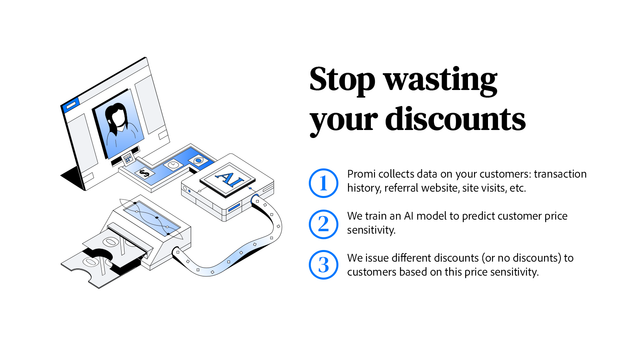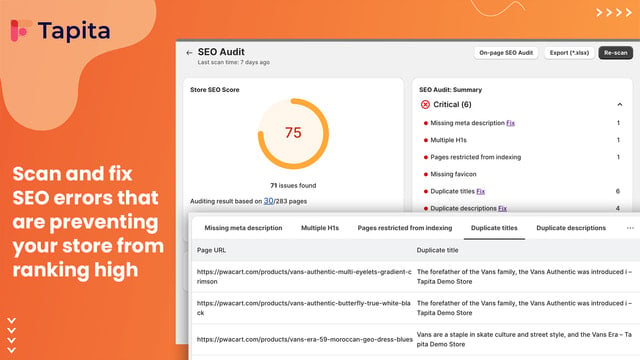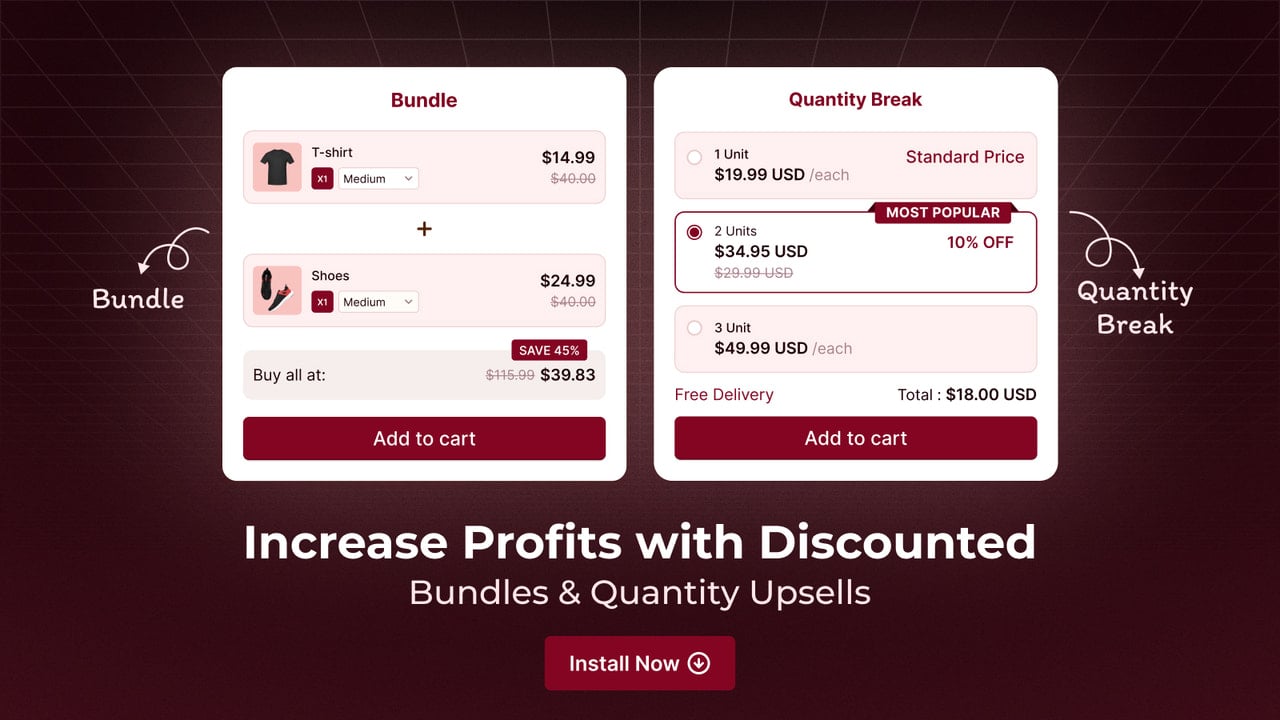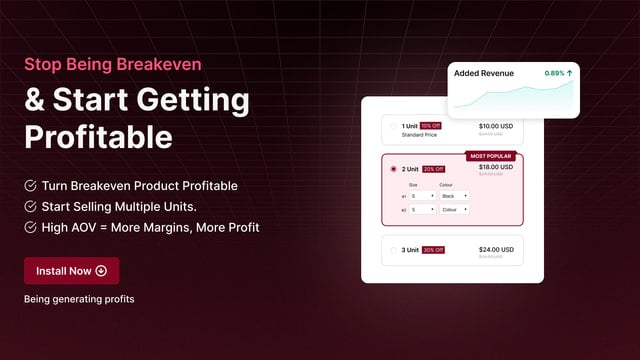In the world of online stores, keyword research plays a vital role in driving organic traffic and improving overall visibility. By understanding the importance of keywords and implementing effective strategies, store owners can significantly enhance their online presence and attract potential customers.
Understanding the Importance of Keyword Research
Keyword research is the process of identifying and analyzing the search terms that users enter into search engines. It helps online store owners gain insights into their target audience's search behavior and preferences. By knowing which keywords are most relevant and frequently used, store owners can optimize their website content to match these search queries, improving their chances of appearing on search engine result pages (SERPs).
Defining Keyword Research
Keyword research involves exploring different keywords and phrases that are relevant to a store's products or services. It goes beyond simply guessing which words potential customers might use. Instead, it relies on data and analysis to find the most relevant and effective keywords.
Why Keyword Research is Crucial for Online Stores
Keyword research is crucial for online stores for several reasons. Firstly, it helps in understanding customer intent by uncovering what users are looking for when they search for certain keywords. This insight allows store owners to tailor their website content and product offerings to match customer needs, ultimately driving more qualified traffic to their site.
Additionally, keyword research enables store owners to identify their competition in the digital landscape. By analyzing which keywords their competitors are targeting, they can make informed decisions and develop competitive strategies to differentiate themselves.
Moreover, keyword research provides valuable insights into consumer trends and market demands. By analyzing the search volume and popularity of specific keywords, online store owners can identify emerging trends and adjust their marketing strategies accordingly. This proactive approach ensures that they stay ahead of the curve and meet the evolving needs of their target audience.
Lastly, keyword research helps optimize website visibility in search engines. By incorporating relevant keywords into website content, such as product descriptions, meta descriptions, and titles, online stores increase their chances of being ranked higher on SERPs, resulting in increased organic traffic and potential conversions.
In conclusion, keyword research is an essential aspect of online store optimization. It provides valuable insights into customer behavior, helps identify competition, uncovers emerging trends, and improves website visibility. By investing time and effort into thorough keyword research, online store owners can position themselves strategically in the digital landscape and maximize their chances of success.
Starting Your Keyword Research Journey
Before diving into keyword research, it's important to have the right tools at your disposal. Effective keyword research requires the use of reliable tools that provide valuable insights and data.
Keyword research is a critical component of any successful online marketing strategy. By understanding the terms and phrases your target audience is using to search for products or services, you can optimize your website content to attract more organic traffic and improve your search engine rankings.
Tools Needed for Effective Keyword Research
There are various keyword research tools available that can aid online store owners in their keyword research journey. Some popular options include Google Keyword Planner, Moz Keyword Explorer, SEMrush, and Ahrefs. These tools provide valuable information such as search volume, competition level, and keyword suggestions to help store owners make informed decisions.
It's important to not rely on just one tool for your keyword research. Each tool has its strengths and weaknesses, so using a combination of tools can provide a more comprehensive view of the keywords that will be most beneficial for your online store.
Identifying Your Seed Keywords
Seed keywords are the foundation of your keyword research. They are general words or phrases that describe your store's products or services. By identifying your seed keywords, you can expand your research and uncover more specific and targeted keywords.
Think about your store's niche and the products or services you offer. What are the main keywords that define your business? For example, if you have an online store that sells fitness equipment, your seed keywords might include "fitness equipment," "home gym," "exercise machines," and "weightlifting."
Once you have identified your seed keywords, you can use keyword research tools to generate additional keyword ideas and explore their potential.
Remember, keyword research is an ongoing process. As consumer trends and search behaviors evolve, it's important to regularly revisit and update your keyword strategy to ensure your online store remains competitive and visible in search engine results.
Diving Deeper into Keyword Analysis
While identifying relevant keywords is crucial, understanding keyword analysis is equally important for effective keyword research. Delving into the intricacies of keyword analysis can provide valuable insights that can shape your SEO strategy and improve your online visibility.
Keyword analysis involves not only identifying the right keywords but also evaluating their performance, relevance, and competitiveness in the digital landscape. By understanding the nuances of keyword analysis, you can refine your keyword selection process and optimize your content for better search engine rankings.
Understanding Keyword Difficulty
Keyword difficulty refers to the level of competition for a specific keyword. High difficulty keywords have a lot of competition, making it challenging to rank for them. On the other hand, low difficulty keywords have less competition and may offer better opportunities for online stores to rank higher. It's essential to strike a balance between targeting high difficulty keywords for their search volume and low difficulty keywords for quicker wins.
To assess keyword difficulty, keyword research tools provide metrics such as keyword difficulty scores, competition level, and search volume. These metrics help store owners evaluate the level of effort required to rank for a particular keyword and make informed decisions. By analyzing keyword difficulty, you can prioritize your SEO efforts and focus on keywords that align with your business goals and capabilities.
The Role of Search Volume in Keyword Selection
Search volume refers to the number of searches that a particular keyword receives within a given time frame. It is an essential metric to consider during keyword research. Higher search volume keywords indicate a larger potential audience, but they also usually have higher competition. Understanding search volume trends can help you anticipate market demand and tailor your keyword strategy to capitalize on popular search queries.
When selecting keywords for an online store, it's important to strike a balance between search volume and competition. Ideally, store owners should aim for keywords with a decent search volume and relatively lower competition, as this increases the chances of achieving a higher ranking on SERPs. By conducting thorough keyword research and analyzing search volume data, you can identify valuable keyword opportunities that align with your business objectives and resonate with your target audience.
Long-Tail Keywords and Their Significance
In addition to targeting general keywords, online store owners should also focus on long-tail keywords. Long-tail keywords are more specific and usually consist of three or more words. While they have lower search volume compared to general keywords, they often have higher conversion rates and attract more qualified traffic.
What are Long-Tail Keywords?
Long-tail keywords are highly specific search terms that indicate a clear intent from users. They often reflect a user's specific needs or preferences and are more likely to convert into sales. For example, a long-tail keyword for a fitness equipment store could be "best home gym equipment for weightlifting."
Benefits of Using Long-Tail Keywords
There are several benefits to optimizing online store content with long-tail keywords. Firstly, long-tail keywords help attract highly targeted traffic. Users who search for specific keywords are more likely to have a clear intention or need, making them more likely to convert into customers when they land on the online store.
Secondly, long-tail keywords have less competition compared to general keywords. This means that online stores have a higher chance of ranking higher on SERPs for long-tail keywords, increasing their visibility and organic traffic.
Implementing Keywords into Your Online Store
Once you have conducted thorough keyword research and identified the most relevant and effective keywords, it's time to implement them into your online store's content.
Optimizing Product Descriptions with Keywords
Product descriptions are an essential part of an online store's content. By optimizing product descriptions with targeted keywords, store owners can improve their chances of ranking higher on SERPs and attracting potential customers.
When writing product descriptions, incorporate relevant keywords naturally into the text. Avoid keyword stuffing, as this can negatively impact user experience and search engine rankings. Focus on creating informative and engaging descriptions that accurately represent your products while incorporating targeted keywords where applicable.
Using Keywords in Meta Descriptions and Titles
Meta descriptions and titles are another crucial area to optimize with keywords. These elements appear in search engine results and play a significant role in attracting users to click on your website.
Ensure that each page on your website has unique and descriptive meta titles and descriptions that contain targeted keywords. Optimize the meta title to be concise, yet informative, and include keywords that accurately represent the page's content. Similarly, write compelling meta descriptions that incorporate relevant keywords and entice users to click through to your website.
By following these strategies and implementing keyword research effectively, online store owners can greatly improve the visibility and success of their e-commerce businesses. Understanding the importance of keyword research and implementing targeted keywords into content, meta descriptions, and titles are crucial steps towards driving organic traffic and attracting potential customers to online stores.
Ready to elevate your Shopify store with the right tools? Let Owlmix be your guide. With our extensive directory of Shopify apps, you can find the perfect match to enhance your online business. From advertising to email marketing, inventory sync to marketing analytics, Owlfred, our wise mascot, is here to help you navigate through the options. Don't miss out on the opportunity to optimize your store with apps that cater to your specific needs. Find your next Shopify app today and join the ranks of successful Shopify store owners who are taking their e-commerce experience to new heights!

















